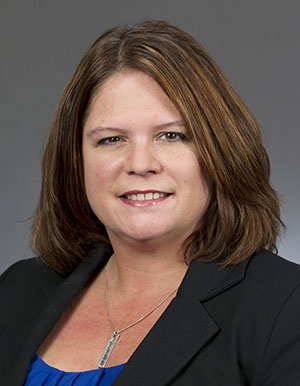Priorities
Education
I started my political involvement by advocating for increased funding for Early Childhood. I co-founded a small non-profit in 2004, Start Learning Early, to raise awareness in the West Metro around quality early childhood education. I was also an active member of the Hopkins Legislative Action Coalition which advocates for increased E-12 funding.
While there has been increased investment in quality early childhood programs, we still have much to do. Research continues to show that investing early in a child’s education, before they reach kindergarten, is the most cost-effective way to narrow the achievement/opportunity gap. Childhood does not have a rewind, kids only get one shot at being ready for kindergarten. I will continue to be an advocate for our youngest learners.
In 2013-14, under democratic control, the legislature made a bold move to bring stability to the way we fund our K-12 school system. We need to continue that investment because the quality of a child’s education should NOT be determined by their zip code. I will work to improve coordination between our high schools and our technical colleges, as well as Minnesota’s colleges and universities, so that students have a seamless entry into the higher education system of their choice.
When our kids receive their high school diploma, they should not only be prepared to move on to a higher education, but that next level has to be accessible and affordable. We are consigning the next generation to either a minimum-wage job or college debt – these should not be their only two choices. As a member of the House Higher Education Budget & Policy Committee, I will continue to fight for policies that will lower tuition and tackle student debt.
Transportation
My time on the Southwest Light Rail Corridor Management Committee has shown me how important a balanced multi-modal approach is to handle the population growth we will face in the next few decades. Our congested roads are taking time out of people’s lives and money out of our businesses’ pockets. I will continue to advocate for investment in our roads, bridges and transit.
With 1 million more people expected in Minnesota by 2040, we cannot pave our way out of congestion. We need to balance our investment between roads, bridges and transit opportunities.
The southwestern suburbs will see the largest job growth in the metro region over the next decade. There will be 60,000 new jobs by 2020 in the western suburbs that people will need to be able to commute to. That is why he Southwest Light Rail Transit line is so important to both the businesses and residents in our region.
As cars become more fuel efficient, we will need to find an additional, more stable, funding stream to maintain our roads and bridges. We can not let our infrastructure crumble and expect our businesses to be successful.
Economy
The time I have spent on the Hopkins City Council has shown me how important it is to look at more than just the numbers when balancing a budget, you need to focus on the people the budget is affecting. It has always been important to me to have a vision of what you want to accomplish with your investment and then figure out how you will get there. A city or state can not be sustainable on a budget plan of “this is the amount I want to spend, what can I get for it”. There is some truth to the old adage “you get what you pay for”. I will continue to focus on finding a cost-effective way to provide the services that people need and have come to expect while maintaining our vibrant community.
In Hopkins and St. Louis Park, we know that our small businesses are the backbone of our Mainstreet, and we have made sure that we are doing what we can to help make them successful.
While the increase in Local Government Aid helped cities keep their levies low, there is more that the State can do to partner with our local governments to streamline resources and make investments that will spur economic growth.
We need to find ways to help small businesses grow, whether it be tax credits for expanding or remodeling or streamlining the business filing process. Every little bit could mean the difference between their end of the year being in the red or the black.
Quality of Life
Minnesota has long been a leader in providing an amazing place to live, work and raise a family. As a city council member and a community advocate, I have been honored to be a part of enhancing and strengthening the community I love. I will continue to fight for the values that have been the foundation for our quality of life here in Minnesota so that the next generation has an even brighter future.
It will take careful planning to continue to grow our economy to meet demands, while protecting our environment and natural resources.
Our human capital has long been one of Minnesota’s most valuable resources. We need to continue our investment in education, job training, housing and healthcare to make sure that everyone is meeting their full potential.
Minimum wage must not only be increased, but we need to make a 40-hour work week mean something again. A hard week’s work should enable someone to put a roof over their head and food on the table.
Healthcare in Minnesota not only needs to be accessible, but also affordable. Too many Minnesotans still are struggling to balance premiums with putting a roof over their heads and food on the table. I support opening up MinnesotaCare as a plan option for anyone to buy into. That would be one step in the right direction.
This content was originally published at http://www.cherylyouakim.com/
